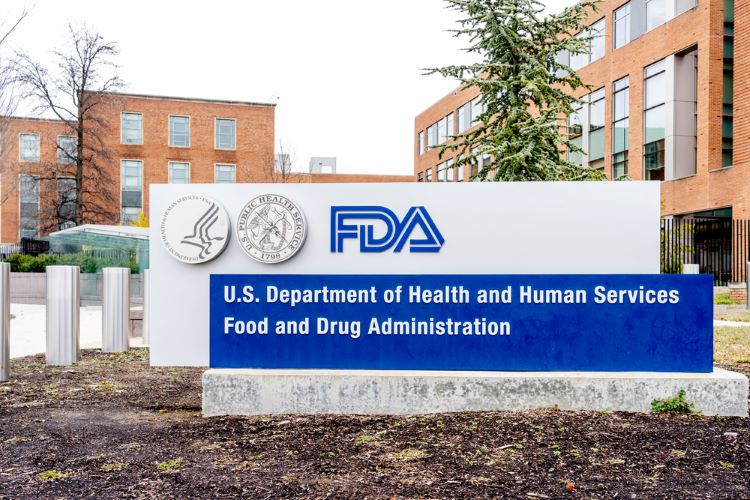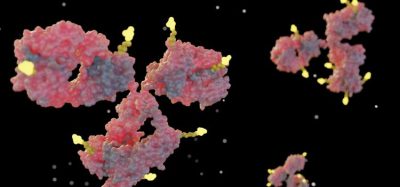FDA approves first drug to delay type 1 diabetes
Posted: 18 November 2022 | Catherine Eckford (European Pharmaceutical Review) | No comments yet
The US Food and Drug Administration (FDA) has approved Tzield, the first drug that can help delay the onset of stage 3 type 1 diabetes in patients over eight years old with stage 2 type 1 diabetes.


Credit: JHVEPhoto / Shutterstock.com
Tzield (teplizumab-mzwv), the first drug to help prolong the onset of stage 3 type 1 diabetes in adults and children over eight years old with stage 2 type 1 diabetes, has been approved by the US Food and Drug Administration (FDA).
“Today’s approval of a first-in-class therapy adds an important new treatment option for certain at-risk patients,” remarked Dr John Sharretts, director of the Division of Diabetes, Lipid Disorders, and Obesity in the FDA’s Center for Drug Evaluation and Research. “The drug’s potential to delay clinical diagnosis of type 1 diabetes may provide patients with months to years without the burdens of disease.”
The drug binds to certain immune system cells and delays progression to stage 3 type 1 diabetes. It can deactivate the immune cells that attack insulin-producing cells, while boosting the amount of cells that help moderate immune response. Tzield is administered by intravenous infusion once per day for 14 days.
Tzield clinical trials that supported the US Food and Drug Administration approval
A clinical trial evaluated the safety and efficacy of Tzield in 76 patients with stage 2 type 1 diabetes. Patients randomly received Tzield or placebo.
The primary measure of efficacy was the time from randomisation to a diagnosis of stage 3 type 1 diabetes. Over a median follow-up of 51 months, the investigation showed 45 percent of the 44 patients who received Tzield were later diagnosed with stage 3 type 1 diabetes, compared to 72 percent of the 32 patients who received a placebo. The mid-range time from randomisation to stage 3 type 1 diabetes diagnosis was 50 months for the patients who received Tzield and 25 months for those who were given a placebo.
The most common side effects of Tzield were identified as lowered levels of certain white blood cells, rash and headache.
Tzield received Priority Review and Breakthrough Therapy designations. The FDA granted the approval of Tzield to Provention Bio.
Related topics
Biopharmaceuticals, Clinical Trials, Drug Safety, Regulation & Legislation, Therapeutics
Related organisations
FDA Center for Drug Evaluation and Research, Food and Drug Administration (FDA)









